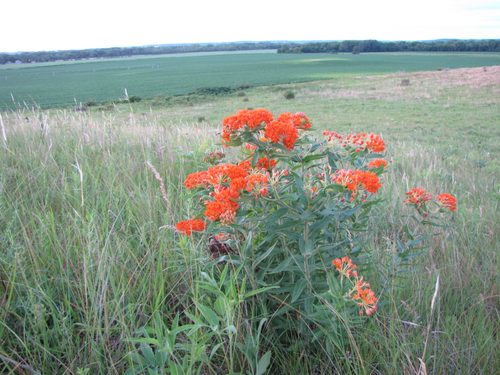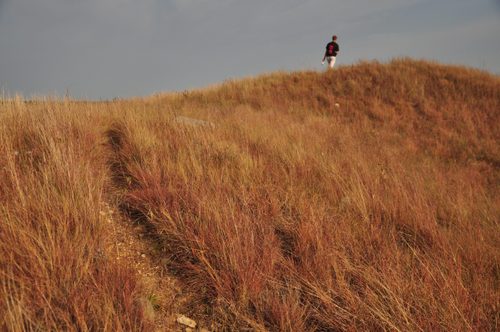

Carleton students often cite the Arboretum as a brilliant safety valve for their mental health. When we find ourselves grinding our teeth on 2nd libe to the rhythm of the boy eating chips loudly behind us, spending some time in the woods is a perfect alternative to both relax and recharge. And as we turn the seasonal corner into the most infamous term, and the elusive call of Vitamin D sings in our veins, it’s not hard to find a Carleton student who is daydreaming about the outdoors.
But what a new study from the University of Edinburgh has found is that those cravings aren’t all in our heads. Researchers attached electrodes to the scalp of 12 different young adults, and sent them out for a 1.5 mile walk into different parts of the city, with laptops in their backpacks to receive the wireless signals transmitted from their (no doubt deeply stylish) electrode hats. What the researchers found was that when they were walking in green spaces, their brain waves became far less heightened and frenetic than when they walked through traffic and urban areas. The idea is that green spaces actually help us re-set up our busy and overworked brains, and significantly stress hormones like cortisol in comparison to people who spend their time looking at pavement instead.
While this study not only affirms how lucky we Carleton students are to have the Arboretum to relax in, the implications for the bigger world are also significant, especially when the world’s population is becoming more concentrated in cities each year. This study is a little green spark of validation for people who love natural spaces, from those who fight for the right to city parks to those who live in remote places that couldn’t be farther from city spaces. Whether it’s going for a run in the Arb, taking your kids to the park, or leaving the life you knew behind to strike off into the wild armed only with peanut butter sandwiches, it’s a good reminder of how our interactions with nature improve our lives. Green spaces connect us closer to the planet, to each other, and even to ourselves, deep on the fundamental level of our brain chemistry.
Is your brain sill curious about itself? For more information, check out Gretchen Reynolds article “A Walk in the Woods Does a Brain Good” in the StarTribune, or the original study where it was published in the British Journal of Sports Medicine.
Add a comment